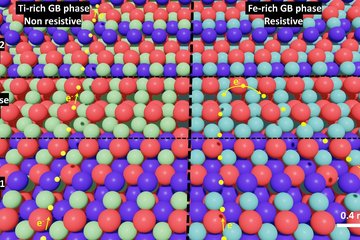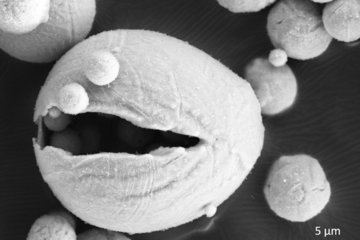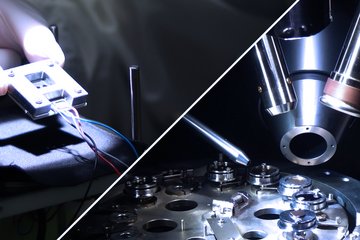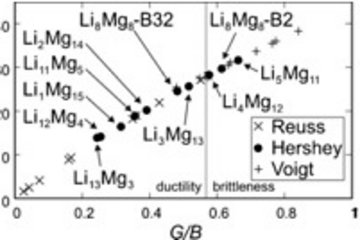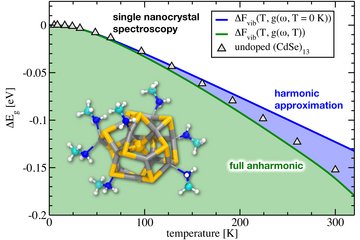All genres
21.
Talk
Sustainable Metals. Virtual Keynote Perspective Lecture, Materials Chain and Materials Science Department, RUB
, Bochum, Germany (accepted)
22.
Talk
Influence of the Al content on the aqueous corrosion resistance of binary Fe–Al alloys in H2SO4. Intermetallics 2017, Educational Center Kloster Banz, Bad Staffelstein, Germany (2017)
23.
Talk
Using a Novel In-situ/Operando Chemical Cell to Investigate Surface Reactions such as the Reduction of Oxygen and Surface Oxides. AVS 63rd International Symposium & Exhibition, Nashville, TN, USA (2016)
24.
Talk
Using a Novel In-situ/Operando Chemical Cell to Investigate Surface Reactions such as the Reduction of Oxygen and Surface Oxides. 11th International Symposium on Electrochemical Micro & Nanosystem Technologies (EMNT2016), Brussels, Belgium (2016)
25.
Talk
The Near Ambient Pressure Micro-PES-System at the MPIE. SPring-8, Tokyo, Japan (2014)
26.
Talk
Suppressing the selective oxidation during the recrystallization annealing of steel band for improved hot dip galvanizing: Laboratory study. ISHOC2014 - International Symposium on High-temperature Oxidation and Corrosion 2014, Hakodate, Hokkaido Japan (2014)
27.
Talk
Near Ambient Pressure XPS studies on the oxide formation on Fe–2Mn during thermal treatment. ISHOC2014 - International Symposium on High-temperature Oxidation and Corrosion 2014, Hakodate, Hokkaido Japan (2014)
28.
Talk
Investigation of the Fundamental Processes in the Internal Oxidation of Binary and Ternary Iron Based Alloys at Elevated Temperatures. 2014 ECS and SMEQ Joint Internat. Meeting, Cancun, Mexico (2014)
29.
Talk
Facing New Challenges for High Temperature Processes. 224th ECS Meeting , San Francisco, CA, USA (2013)
30.
Talk
Main Scale formation of Fe-Al based model alloys in steam. International Symposium on High-temperature Oxidation and Corrosion, Zushi, Japan (2010)
31.
Talk
Applications of the Kelvin Probe: From ion mobilty to x-ray/sample interaction. Institute for X-Ray Physics, University of Göttingen, Göttingen, Germany (2010)
32.
Talk
Dealloying studies of Cu3Pd single crystal surfaces. ECS 218th Meeting, Las Vegas, NV, USA (2010)
33.
Talk
Corrosion behaviour of Fe–Al(–X) alloys in steam. 5th Discussion Meeting on the Development of Innovative Iron Aluminium Alloys (FEAL 2009), Prague, Czech Republic (2009)
34.
Talk
Corrosion of steels and Ni-base alloys under Kalina-cycle conditions (NH3–H2O, 500°C). DECHEMA, European Federation of Corrosion Workshop "Metal Dusting, Carburisation and Nitridation", Frankfurt a. M., Germany (2003)
35.
Poster
Characterization of electrochemical double layer formed on Au (111) electrode: a KPM, FTIR and APXPS investigation. 2nd Annual APXPS Workshop, Berkeley, CA, USA (2015)
36.
Poster
The investigation of the internal oxidation during short-term annealing in binary and ternary alloys. Gordon Research Conference on High Temperature Corrosion, New London, NH, USA (2015)
37.
Poster
The investigation of the internal oxidation during midterm-term annealing in binary and ternary alloys. Gordon Research Conference on High Temperature Corrosion, New London, NH, USA (2015)
38.
Poster
Transfer chamber from electrochemical cell to UHV. 79th Annual Meeting of the DPG and DPG Spring Meeting, Berlin, Germany (2015)
39.
Poster
An experimental set-up for in-situ thermogravimetry in low pressure environments. Gordon Research Seminar on High Temperature Corrosion, New London, CT, USA (2013)
40.
Poster
Near Ambient Pressure XPS studies on the oxide formation on Fe–2Mn during thermal treatment. Gordon Research Seminar on High Temperature Corrosion, New London, CT, USA (2013)




